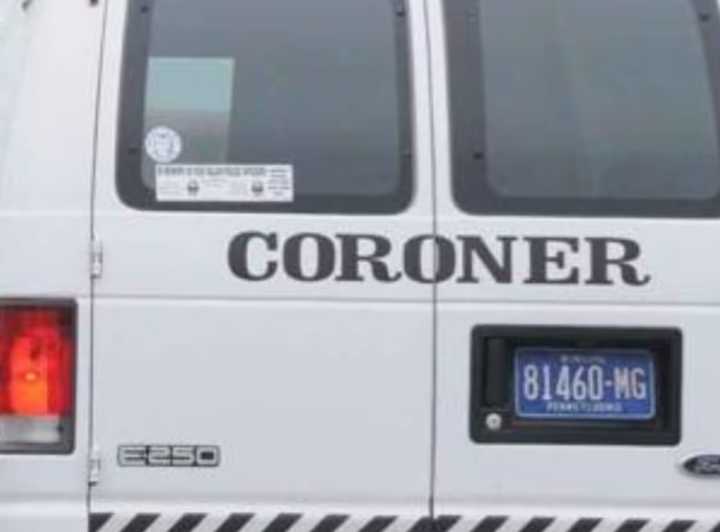The remains were found by a hunter on November 1, 2012, near Cemetery Road, according to a release from the coroner's office. Mendelson, 60, had retired from Red Rose Transit Authority in Lancaster and moved to Elizabethtown in 2011.
The identification was made through genetic genealogy and mitochondrial DNA analysis, a breakthrough that came more than a decade after the remains were recovered.
Forensic experts, including a forensic entomologist and anthropologist, worked to analyze the remains in 2013. Using Mendelson’s skull, the FBI created a facial sketch that was distributed through local media, though the case remained unsolved for years.
The turning point came in late 2023 when genetic genealogy offered a possible match, which was confirmed on November 4, 2024, using mitochondrial DNA.
Mendelson’s cause and manner of death remain undetermined, officials said.
Walking, cooking, and listening to music were among Mendelson’s favorite pastimes, according to the coroner’s office. His next of kin have been notified and expressed gratitude for the collaborative efforts that brought closure to the case.
Contributing organizations include the DNA Doe Project, the FBI, Bode Labs, Mercyhurst Forensic Anthropology, Millersville University, and the Northwest Regional Police.
This marks the second cold case resolved in 2024 by Lancaster County’s Coroner’s Office through genetic genealogy. Earlier this year, the remains of James Floyd Gibson, discovered in 1998 in the Susquehanna River, were identified.
The National Missing and Unidentified Persons System reports there are approximately 14,000 unidentified remains in the United States as of 2023.
Click here to follow Daily Voice Palmyra and receive free news updates.

